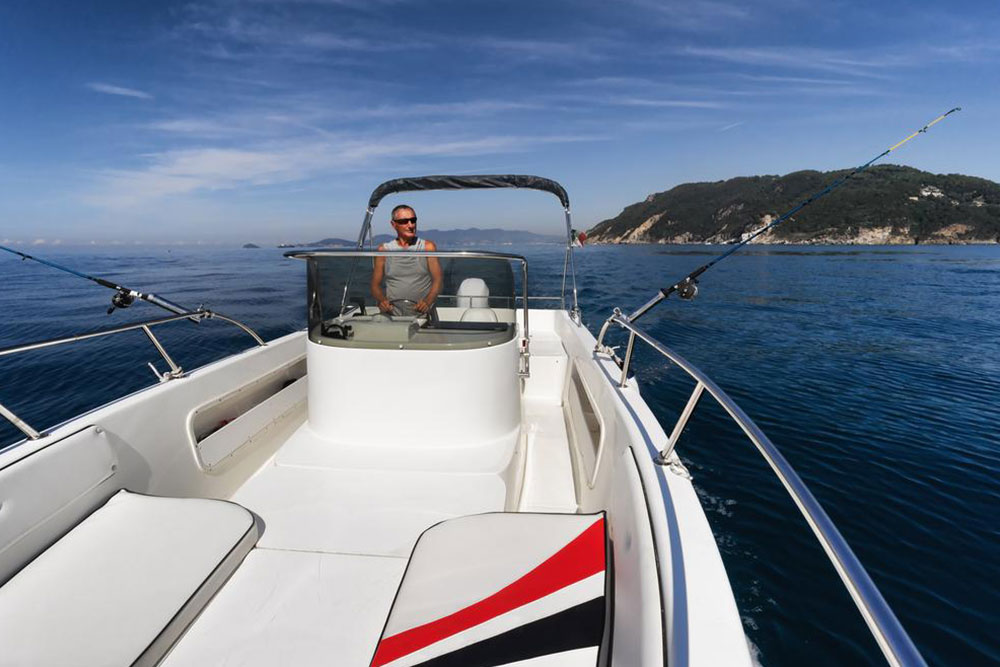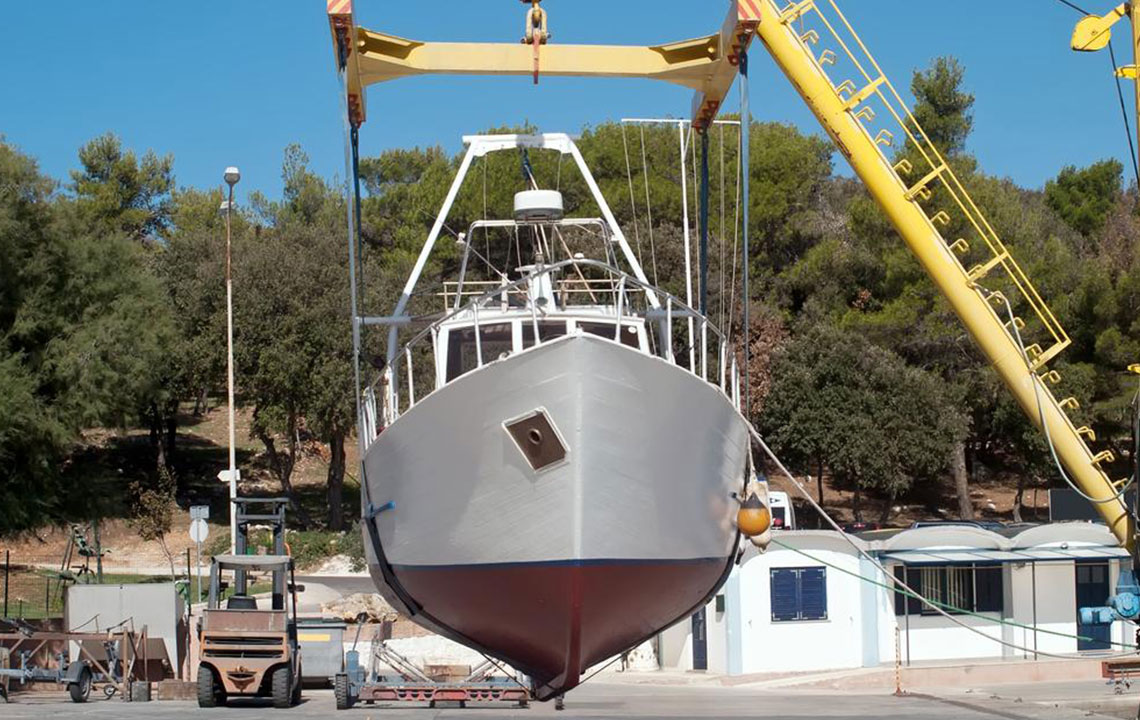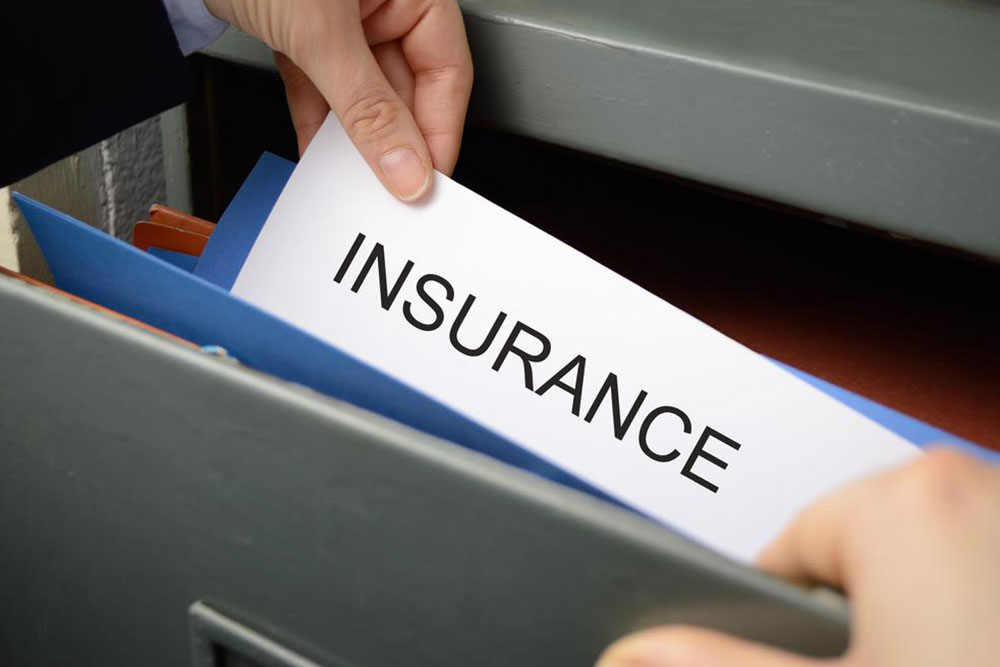Comprehensive Guide to Choosing the Best Boat Insurance Plans
This comprehensive guide explores the essential aspects of boat insurance, including physical damage coverage, liability protection, additional options, and tips for selecting the right insurance provider. Protect your watercraft and enjoy worry-free boating with the right coverage tailored to your needs.

In-Depth Exploration of Boat Insurance Options for Watercraft Owners
Owning a boat is a significant investment that provides joy, adventure, and the opportunity to explore the open waters. However, protecting that investment is equally important. Just like insuring a car or a home, boat insurance is essential to safeguard against unforeseen damages, accidents, and liabilities that can cause substantial financial setbacks. With the variety of boat insurance plans available today, it’s crucial for boat owners to understand what coverage options exist and how to select the best policy tailored to their specific needs. This comprehensive guide aims to demystify boat insurance, discussing key coverage types, important considerations, and tips for choosing the right policy to keep your waterside adventures worry-free.
Understanding Physical Damage Coverage
One of the foundational components of any boat insurance policy is physical damage coverage. This coverage protects your vessel from a wide range of potential damages caused by accidental events, natural disasters, or criminal activity. Common scenarios include sinking, collision with other boats or objects, storm damage, theft, fire, or vandalism. Since boats are often complex machines with sensitive systems, repairs can be costly, and replacement parts may be difficult to source.
Physical damage coverage generally encompasses essential parts of your watercraft, such as the hull, engines, safety gear, batteries, fuel tanks, and onboard electronics. It’s vital to evaluate whether your policy will cover the full cost of repairs or only the actual cash value, which accounts for depreciation. Choosing between actual cash value and replacement cost coverage can significantly impact reimbursements after a claim.
Additionally, when shopping for boat insurance, verify whether the policy includes coverage for stored or off-season boats, as some policies differentiate between in-use and non-use periods. Ensuring comprehensive physical damage coverage gives boat owners peace of mind, knowing that in the event of an accident or disaster, they won’t face devastating out-of-pocket expenses.
Liability Insurance: Protecting Against Third-Party Claims
Liability coverage is a critical aspect of any comprehensive boat insurance plan. It protects you financially if your vessel causes damage to other boats, docks, or results in personal injury to third parties. For instance, if you accidentally collide with another boat, cause property damage, or someone sustains injuries on your boat, liability insurance can cover the costs associated with legal claims, settlements, and legal defense fees.
The scope of liability coverage can vary significantly between policies. Some plans offer protection only for physical damages and injuries directly caused by your boat, while others extend coverage to legal fees, court judgments, and even medical expenses for injured parties. It’s essential to ensure that your policy includes a broad liability limit to cover potential claims, especially if you frequently operate in busy or crowded waters.
Moreover, boat owners should understand the importance of coverage limits. Setting a higher limit can protect your assets in case of a major incident. Remember, liability insurance not only shields you from financial loss but also helps you avoid legal complications that could arise from accidents on the water.
Additional Coverages and Special Benefits
Beyond standard physical damage and liability coverage, many insurance providers offer a range of additional protections tailored to specific needs. These optional coverages can include, but are not limited to:
Emergency assistance and towing services, ensuring help if your boat becomes stranded or disabled at sea.
Medical payments coverage to handle injuries sustained on your vessel, regardless of fault.
Wildlife damage coverage if your boat sustains harm from animals or environmental factors.
Personal effects coverage to protect valuables stored onboard.
Uninsured boater coverage to provide protection if you're involved in an accident with an uninsured vessel.
Many boat insurance companies also incentivize safe boating practices by offering discounts. For example, completing approved boating safety courses can qualify you for reduced premiums. Some insurers provide loyalty discounts or bundling options if you insure multiple watercraft or combine your boat insurance with other policies like homeowners or auto insurance.
It’s advisable to discuss these additional options with your insurance agent to customize your policy effectively. Selecting the right combination of coverages ensures comprehensive protection tailored to your boating habits and risk factors.
Choosing the Right Insurance Provider
When selecting a boat insurance provider, consider the company’s reputation, financial stability, and customer service quality. Reading reviews and checking rankings can give insights into how claims are handled and how satisfied customers are with their policies. Additionally, compare coverage options, premiums, deductibles, and discounts offered by different insurers.
Be sure to understand the claims process thoroughly. Opt for insurers that provide prompt, efficient support and clear communication channels. It’s also beneficial to work with agents who are knowledgeable about boating policies and can advise you on appropriate coverage levels based on your vessel type, usage, and geographical location.
Finally, consider state-specific regulations and whether the insurer complies with local laws governing watercraft. Proper insurance coverage not only protects your asset but also ensures peace of mind while enjoying your time on the water.
In conclusion, safeguarding your watercraft with comprehensive insurance is an essential part of responsible boating. By understanding the various coverage options—including physical damage, liability, and additional protections—you can make informed decisions to protect yourself, your passengers, and your investment. Choose a reliable insurer, customize your policy to suit your needs, and enjoy your boating adventures with confidence, knowing you’re well covered in any situation.





